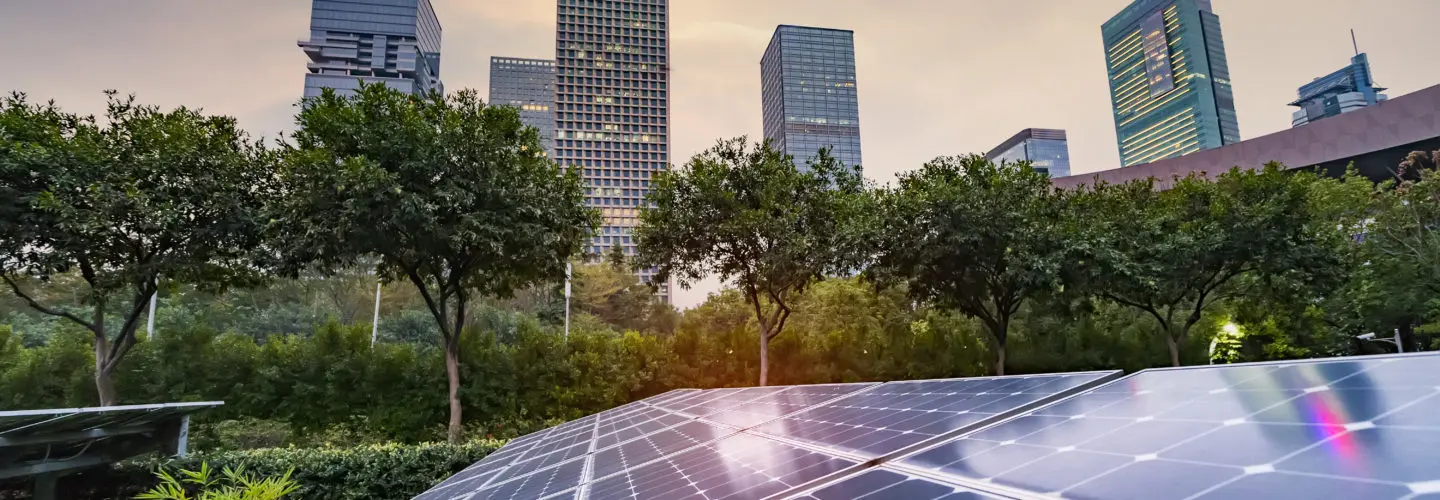It’s time to talk about what decarbonization will cost
According to a 2022 poll, three-quarters of Massachusetts residents see climate change as a “very serious” or “somewhat serious” issue for the state to address. But if we’re to have any success at responding to climate change, we have to begin thinking about it as not only as a technical, behavioral, and infrastructure challenge – designing more efficient and cost-effective wind turbines and solar panels; getting more people to accept heat pumps; and building out the grid to move the power needed for all the EVs and air source heat pumps we expect to come on line – but as a major financial challenge for the state as well.
It is conservatively estimated that just converting all existing residential gas and oil heating systems to air source heat pumps will cost over $25 billion. Decarbonizing all customer sectors will require many billions more.
The challenges are so multi-dimensional that it can be hard to get all of the relevant stakeholders to focus on the many solutions we need to develop. But we believe the financial challenges have perhaps received the least attention. After all, we have the MassSAVE program to address customer behavior. We have major programs for the state to procure massive amounts of wind power. The price of solar panels is projected to decline by 40 percent between now and 2028. And the pending climate bills will squarely address the need to expedite infrastructure siting.
A relatively new coalition, the Commonwealth Coalition for Decarbonization, is pressing the Legislature to pass language that would require the administration to take a first, essential step regarding the financial challenges to reaching our mandated climate goals. Separately, but moving in a similar direction, the MassSAVE “program administrators” (the state’s electric and gas utilities, and the Cape Light Compact) are also developing an estimate of the funding that will be required to meet our climate goals. Simply put, there currently isn’t enough funding.
We know how much carbon we emit, with reasonable accuracy. We know how much carbon we need to stop emitting. We know much about the carbon-free resources we need to procure. Now we just need to know the cost to the Commonwealth.
Once we know what is available from all actual and likely sources and what the cost will be to achieve our goals, we’ll know how much more funding needs to be procured. At that point, we can begin the difficult work of figuring out how to pay for our climate plan. Without that information and funding, we will hit a dead end.
The 14-member Commonwealth Coalition for Decarbonization includes advocates from low-income non-profits, environmental groups, labor, and the utilities who participate in MassSAVE as well as others. Despite our quite diverse interests, we all work together to move the state in the direction of implementing practical policy approaches and solutions. We hope to monitor progress toward the ambitious climate goals that the Legislature has set, and especially keep banging the drum about getting more information about available and needed funding.
Much is being done to drive uptake of energy efficiency measures and decarbonization investments. But until we know where we stand on the funding need, we will be unable to sustain the efforts needed to maintain Massachusetts as a leader in the country in addressing climate change. We have decades of important and challenging work ahead of us.
Charlie Harak is a senior attorney at the National Consumer Law Center. Kyle Murray is director of state program implementation at the Acadia Center, a nonprofit climate advocacy group.
Originally published in CommonWealth. Click here to read it there.



















